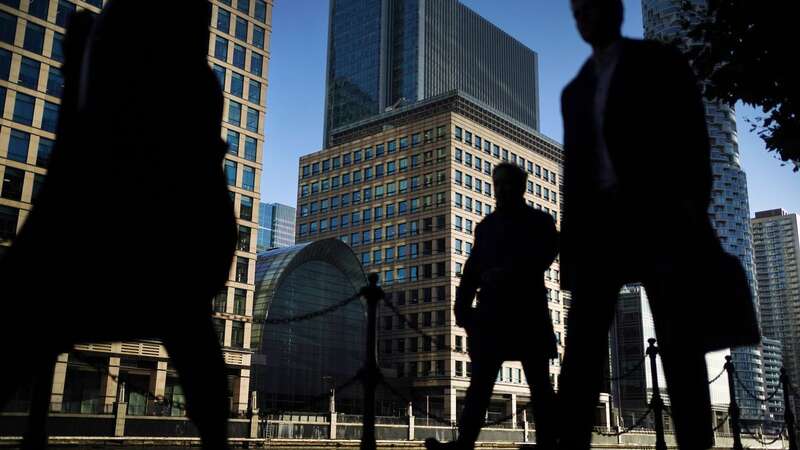
The UK's economy saw a slight growth in August, with the service sector leading the charge, according to the Office for National Statistics (ONS).
Gross Domestic Product (GDP) rose by 0.2% over the month, which was in line with what economists had predicted.
Darren Morgan, ONS director of economic statistics, said: "Our initial estimate suggests GDP grew a little in August, led by strong growth in services which was partially offset by falls in manufacturing and construction,"
He added: "Within services, education returned to normal levels, while computer programmers and engineers both had strong months."
"Across the last three months as a whole the economy has grown modestly, led by car manufacturing and sales, and construction."
 Michelle Mone's husband gifted Tories 'over £171k' as Covid PPE row rumbles on
Michelle Mone's husband gifted Tories 'over £171k' as Covid PPE row rumbles on
The data revealed some of the biggest gains for architects and engineers, with their sector growing by 4.7%. This helped the services sector grow by 0.4% overall in August, contributing to the GDP growth.
The education sector, which had shrunk 1.7% due in part to strikes in July, bounced back by 1.6% in August, the ONS reported.
However, not all parts of the service sector enjoyed a good month. The arts, entertainment and recreation sector shrank by 7.4%.
The ONS also revised July's performance from a fall of 0.5% to a 0.6% drop The revision was in part due to the performance of consumer-facing service businesses. The output of companies had previously been thought to have been flat in July, but revised estimates show that the sector contracted by 0.2%.
It makes July's fall the largest since June last year, when the Platinum Jubilee bank holiday calendar led to a fairly large drop in GDP. It means that the UK's economy is now 2.1% larger than it was in February 2020, before the Covid-19 pandemic hit.
Chancellor Jeremy Hunt said: "The UK has grown faster than France and Germany since the pandemic and today's data shows the economy is more resilient than expected. While this is a good sign, we still need to tackle inflation so we can unlock sustainable growth."
The news comes after the International Monetary Fund forecast the UK would have the weakest economic growth in the G7 next year due to pressure from higher interest rates.
It also claimed that UK GDP is expected to rise 0.5% this year. Which would be the second weakest performance in the G7, after Germany.
* An AI tool was used to add an extra layer to the editing process for this story. You can report any errors to webhomepage@mirror.co.uk